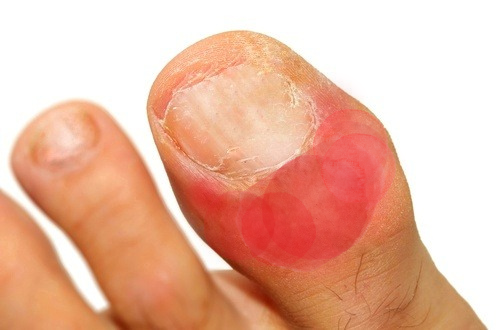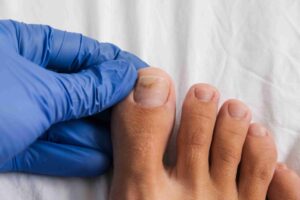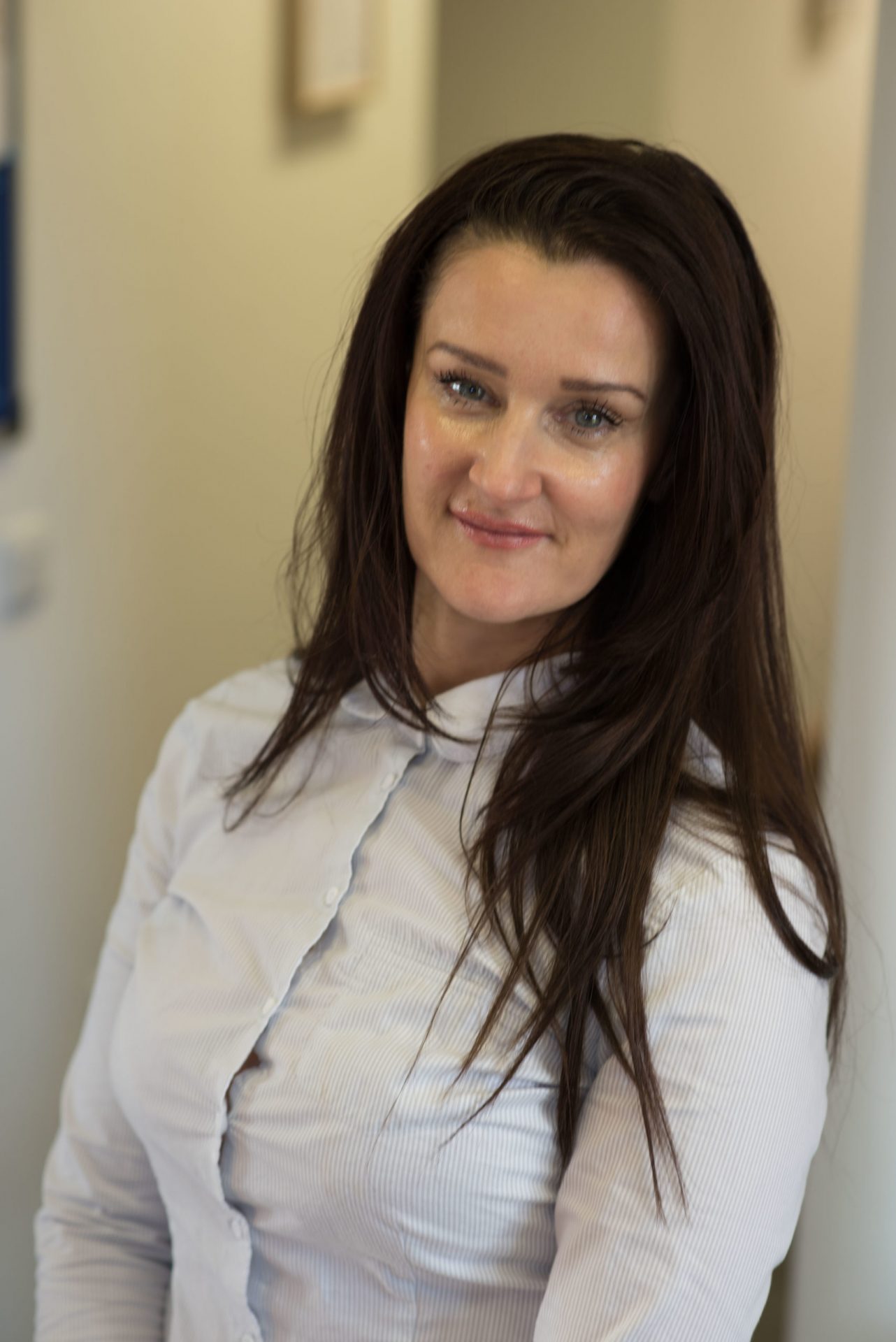What is a Paronychia? Learn more about its symptoms and causes
Paronychia is an inflammation of the skin bordering a fingernail or toenail. Another term for it is whitlow. It may be associated with felon.
What causes paronychia?
Acute paronychia is usually due to bacterial infection with Staphylococcus aureus (which may be multiresistant), Streptococcus pyogenes, Pseudomonas, or other bacterial pathogens. It can also be due to the cold sore virus, Herpes simplex, and the yeast, Candida albicans.
Moreover, chronic paronychia’s causes are not fully understood. In many cases, it is due to dermatitis of the nail fold. Often several different micro-organisms can be cultured, particularly Candida albicans and the Gram-negative bacilli, pseudomonas.
Clinical Features of Paronychia
This inflammation can be classified as acute or chronic, depending on your symptoms, the cause of the inflammation, and how long you have had it.
- Acute Paronychia – develops rapidly over a few hours, and usually affects a single nail fold. It can affect anyone. However, it is more likely to follow a break in the skin, especially between the proximal nail fold/cuticle and the nail plate. Symptoms are pain, redness as well as swelling. If herpes simplex is the cause, multiple tender vesicles may be observed. Sometimes yellow pus appears under the cuticle and can evolve to abscess. The nail plate may lift up (onycholysis). Acute paronychia due to S. pyogenes may be accompanied by fever, lymphangitis and tender lymphadenopathy.
- Chronic Paronychia – is a gradual process. It may start in one nail fold, particularly the proximal nail fold, but often spreads laterally and to several other fingers. Each affected nail fold is swollen and lifted off the nail plate. This allows the entry of organisms and irritants. The affected skin may be red and tender from time to time, and sometimes a little pus (white, yellow or green) can be expressed from under the cuticle. The nail plate thickens and is distorted, often with transverse ridges. It mainly occurs in people with hand dermatitis, or who have constantly cold and wet hands such as dairy farmers, fishermen, cleaners, and housewives.
Who are at risk of paronychia complications?
People with certain medical conditions are more prone to acute and chronic paronychia, and hence, are more likely to have complications from the inflammation and any associated infection. People who are more at risk include those with:
- diabetes;
- poor blood circulation to their extremities; or
- a suppressed immune system (e.g. people undergoing chemotherapy or people with AIDS).
Acute paronychia usually clears completely in a few days, and rarely recurs in healthy individuals. Chronic paronychia may persist for months or longer and can recur in predisposed individuals.
Are you suffering from this condition? One of our podiatrist can assist and then recommend what treatment options are best to get you back on track. ✅
Schedule an appointment here or you may call us at 44 (0) 207 101 4000. 📞
We hope you have a feetastic day! 👣☀️
-The Chelsea Clinic and Team
Check our latest blog about Sesamoiditis and Related Sesamoid Disorders here https://www.thechelseaclinic.uk/sesamoiditis-and…d-disorders-👣💥⚠️/
Check our blog about Ingrown Toenails here https://www.thechelseaclinic.uk/ingrown-toenails-2/
Read our blog about Green Nail Syndrome here https://www.thechelseaclinic.uk/green-nail-syndrome-👣🦠💢/




